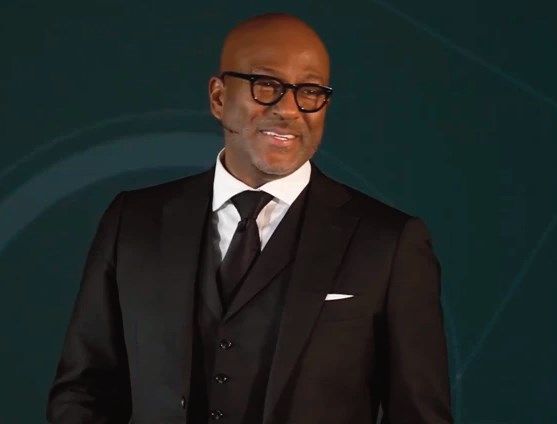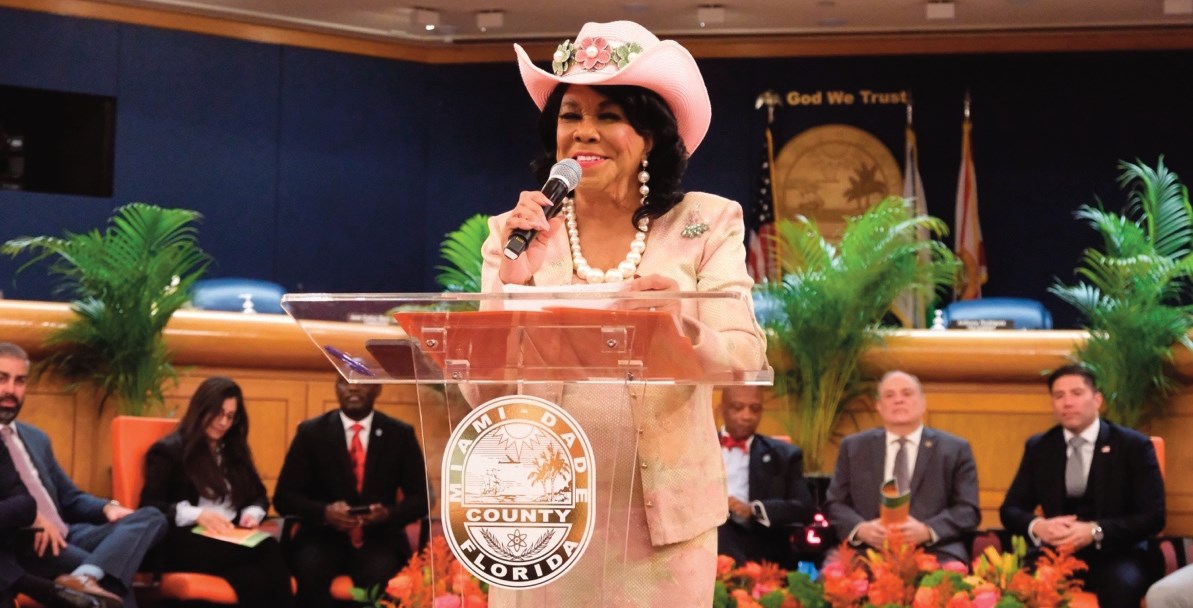 WASHINGTON (AP) _ President Barack Obama on Tuesday called on congressional Republicans to compromise and “avoid just one more Washington-manufactured crisis'' as he again sought to talk opposition politicians out of allowing severe spending cuts to hit the U.S. economy in less than two weeks.
WASHINGTON (AP) _ President Barack Obama on Tuesday called on congressional Republicans to compromise and “avoid just one more Washington-manufactured crisis'' as he again sought to talk opposition politicians out of allowing severe spending cuts to hit the U.S. economy in less than two weeks.
The president wants a short-term deal that would give the White House and Congress time to reach a less painful and dramatic deal. He insisted that any plan to cut the massive national deficit must include increased tax revenue and smaller reductions in government spending. Republicans, however, have rejected using any revenue increase for anything but lowering government deficits.
Obama painted a grim picture of lost jobs, decreased military readiness and cancelled programs that help the poor and middle class if the $85 billion in cuts take effect.
The cuts are meant to start bringing the country's budget back into balance. As now structured, many economists fear they could stall the still-weak economic recovery from the Great Recession that confronted Obama when he took office in 2009.
“These cuts are not smart, they're not fair, they will hurt the economy,'' Obama said. “This is not an abstraction. People will lose their jobs.''
The cuts are just one of a handful of fiscal deadlines facing a sharply divided Congress, which is on break this week. In recent days, military leaders and heads of the State Department and other departments have appeared before Congress with warnings of the harm the cuts would do to their missions.
The severe spending cuts were designed by the White House and Congress in 2011 as an incentive to move seriously on bringing down government deficit spending. That deal, which averted a government funding crisis at the time, was seen as a way toward a future compromise because the cuts outlined were objectionable for both parties _ defense spending reductions for Republicans and social safety net programs for Democrats.
The yearly U.S. deficit as a percentage of gross domestic product has been at levels not seen since just after the end of World War II, the Congressional Research Service said in December.
Meanwhile, a bipartisan proposal Tuesday by co-chairs of an influential deficit-reduction commission called for reducing the deficit by $2.4 trillion over the next 10 years, with much of the savings coming through health care reform, closing tax loopholes, a stingier adjustment of the Social Security pension system's cost of living increases and other measures.
The March 1 spending cuts were first set to begin taking effect on Jan. 1, but the White House and lawmakers agreed to push it off for two months in order to create space to work on a larger budget deal.
With little progress in recent weeks, Obama is calling for the cuts to be put off again, though it's unclear whether another delay would have any impact on the prospects for a broader budget agreement.
Before Obama spoke Tuesday, spokesman for House Speaker John Boehner said the Republican agrees the cuts are a bad way to reduce spending, but he put the responsibility for averting the cuts on Democrats.
“A solution now requires the Senate _ controlled by the president's party _ to finally pass a plan of their own,'' spokesman Brendan Buck said.
Obama wants to offset the cuts through a combination of targeted spending cuts and increased tax revenue. The White House is backing a proposal unveiled last week by Senate Democrats that is in line with the president's principles.
But that plan was met with an icy reception by Republicans, who oppose raising more tax revenue in order to offset the cuts. Republican leaders say the president got the tax increases he wanted at the beginning of the year when Congress agreed to raise taxes on family income above $450,000 a year.
The Democrats propose to generate revenue by plugging some tax loopholes. Those include tax breaks for the oil and natural gas industry and businesses that have sent jobs overseas, and by taxing millionaires at a rate of at least 30 percent.
Some Republicans, including House Budget Committee Chairman Paul Ryan, the Republican candidate for vice president last year, have advocated plugging loopholes, but as part of a discussion on a tax overhaul, not the looming cuts.
“Loopholes are necessary for tax reform,'' Ryan said Sunday on ABC. `'If you take them for spending, you're blocking tax reform and you're really not getting the deficit under control.''












No Comment